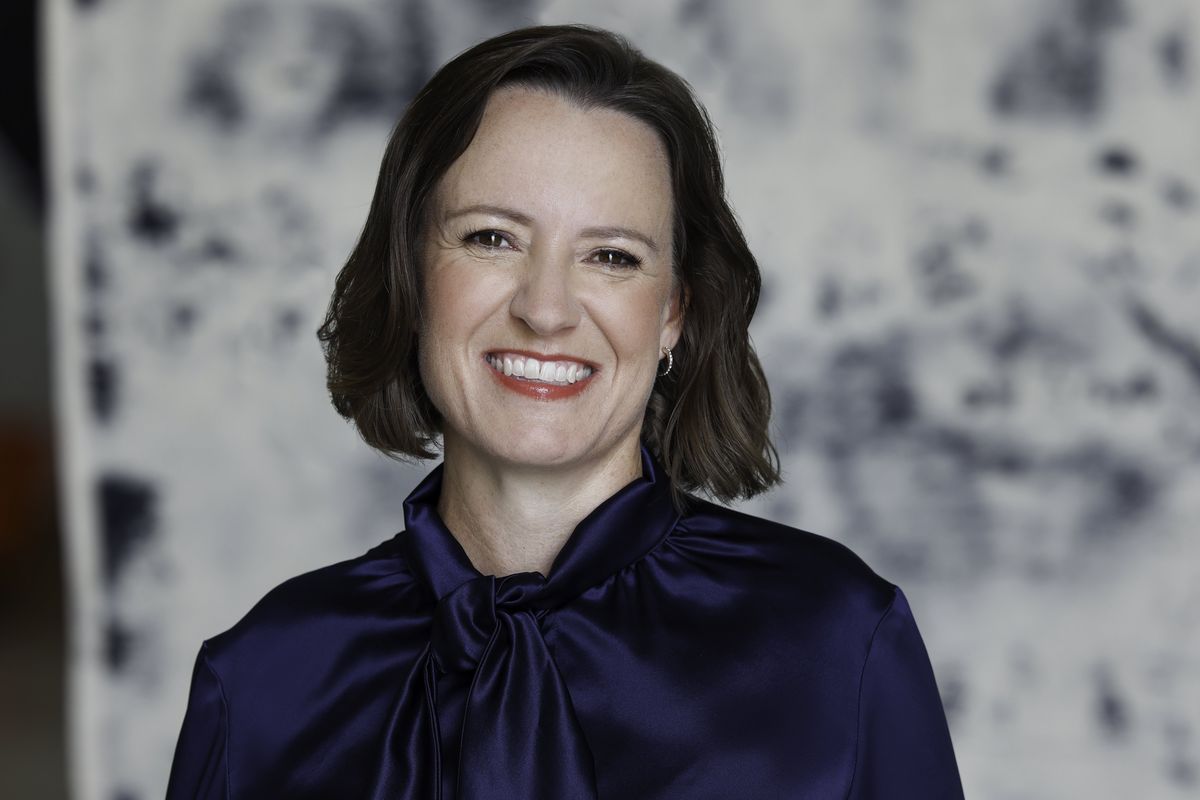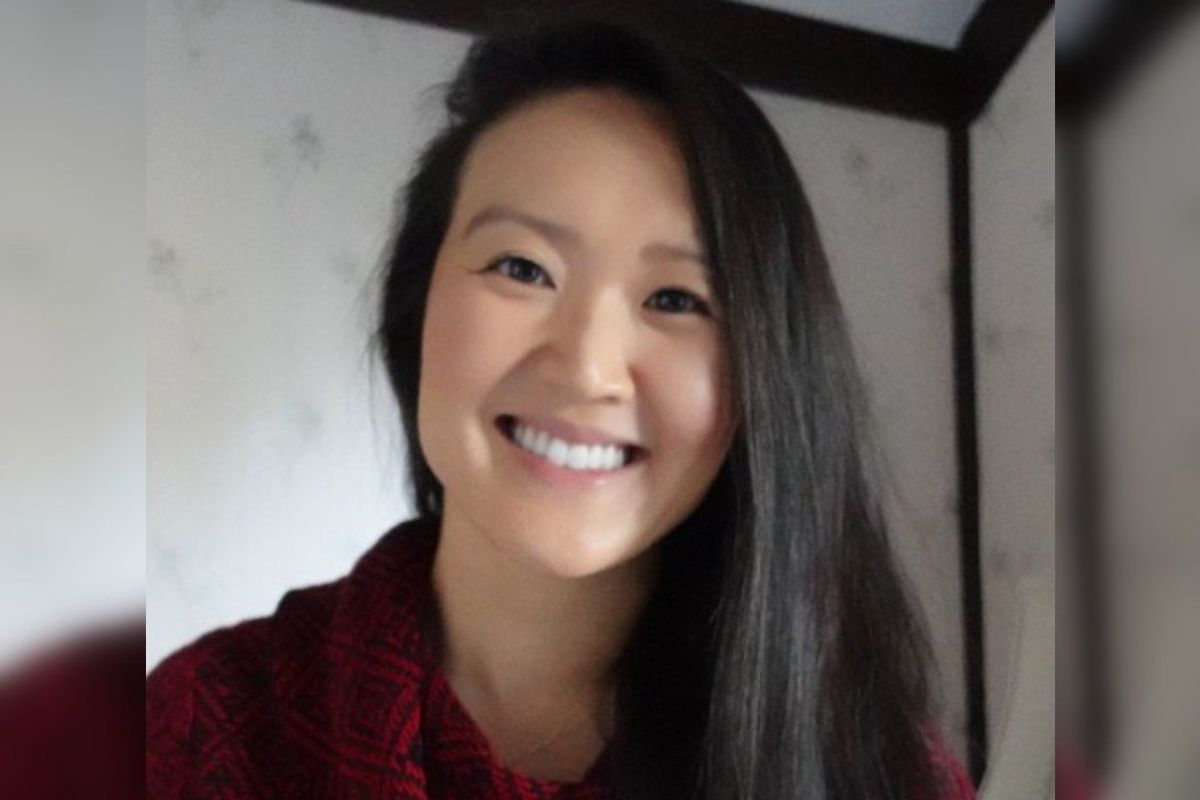Texas Space Commission launches, Houston execs named to leadership
future of space
Governor Greg Abbott announced the Texas Space Commission, naming its inaugural board of directors and Texas Aerospace Research and Space Economy Consortium Executive Committee.
The announcement came at NASA's Johnson Space Center, and the governor was joined by Speaker Dade Phelan, Representative Greg Bonnen, Representative Dennis Paul, NASA's Johnson Space Center Director Vanessa Wyche, and various aerospace industry leaders.
According to a news release, the Texas Space Commission will aim to strengthen commercial, civil, and military aerospace activity by promoting innovation in space exploration and commercial aerospace opportunities, which will include the integration of space, aeronautics, and aviation industries as part of the Texas economy.
The Commission will be governed by a nine-member board of directors. The board will also administer the legislatively created Space Exploration and Aeronautics Research Fund to provide grants to eligible entities.
“Texas is home to trailblazers and innovators, and we have a rich history of traversing the final frontier: space,” Lieutenant Governor Dan Patrick says in a news release. “Texas is and will continue to be the epicenter for the space industry across the globe, and I have total confidence that my appointees to the Texas Space Commission Board of Directors and the Texas Aerospace Research and Space Economy Consortium Executive Committee will ensure the Texas space industry remains an international powerhouse for cutting-edge space innovation.”
TARSEC will independently identify research opportunities that will assist the state’s position in aeronautics research and development, astronautics, space commercialization, and space flight infrastructure. It also plans to fuel the integration of space, aeronautics, astronautics, and aviation industries into the Texas economy. TARSEC will be governed by an executive committee and will be composed of representatives of each higher education institution in the state.
“Since its very inception, NASA’s Johnson Space Center has been home to manned spaceflight, propelling Texas as the national leader in the U.S. space program,” Abbott says during the announcement. “It was at Rice University where President John F. Kennedy announced that the U.S. would put a man on the moon—not because it was easy, but because it was hard.
"Now, with the Texas Space Commission, our great state will have a group that is responsible for dreaming and achieving the next generation of human exploration in space," he continues. "Texas is the launchpad for Mars, innovating the technology that will colonize humanity’s first new planet. As we look into the future of space, one thing is clear: those who reach for the stars do so from the great state of Texas. I look forward to working with the Texas Space Commission, and I thank the Texas Legislature for partnering with industry and higher education institutions to secure the future of Texas' robust space industry."
The Houston-area board of directors appointees included:
- Gwen Griffin, chief executive officer of the Griffin Communications Group
- John Shannon, vice president of Exploration Systems at the Boeing Company
- Sarah "Sassie" Duggleby, co-founder and CEO of Venus Aerospace
- Kirk Shireman, vice president of Lunar Exploration Campaigns at Lockheed Martin
- Dr. Nancy Currie-Gregg, director of the Texas A&M Space Institute
Additionally, a few Houstonians were named to the TARSEC committee, including:
- Stephanie Murphy, CEO and executive chairman of Aegis Aerospace
- Matt Ondler, president and former chief technology officer at Axiom Space
- Jack “2fish” Fischer, vice president of production and operations at Intuitive Machines
- Brian Freedman, president of the Bay Area Houston Economic Partnership and vice chairman of Wellby Financial
- David Alexander, professor of physics and astronomy and director of the Rice Space Institute at Rice University
To see the full list of appointed board and committee members, along with their extended bios, click here.
- Houston space data startup to compute real-time insights in orbit - InnovationMap ›
- Hypersonic engine co. Venus Aerospace gets deep-tech investment - InnovationMap ›
- Houston space cos land $25M grants from Texas Space Commission - InnovationMap ›
- Venus Aerospace to test new engine features with NASA funding - InnovationMap ›



